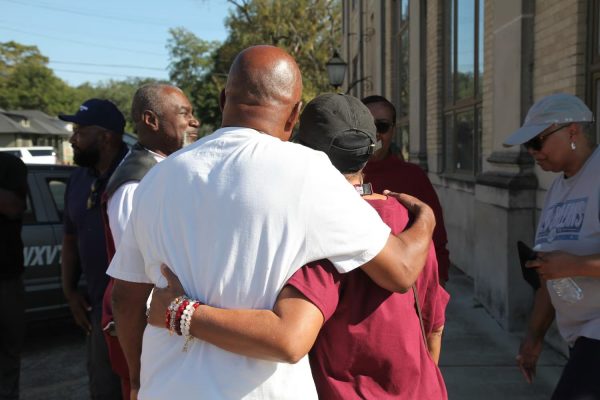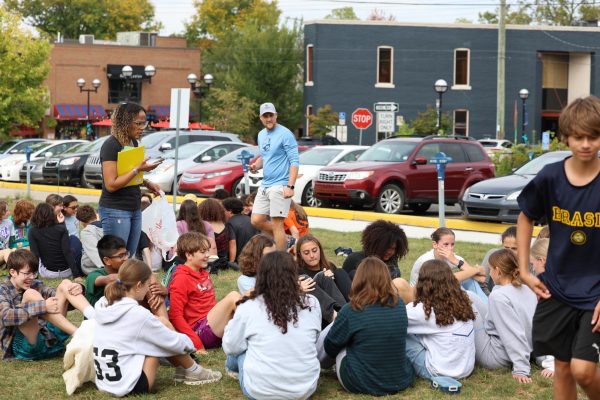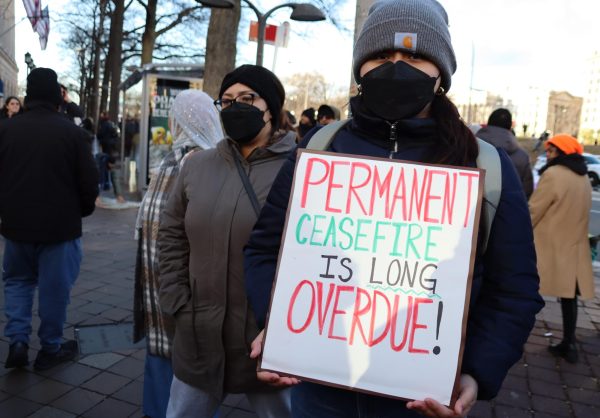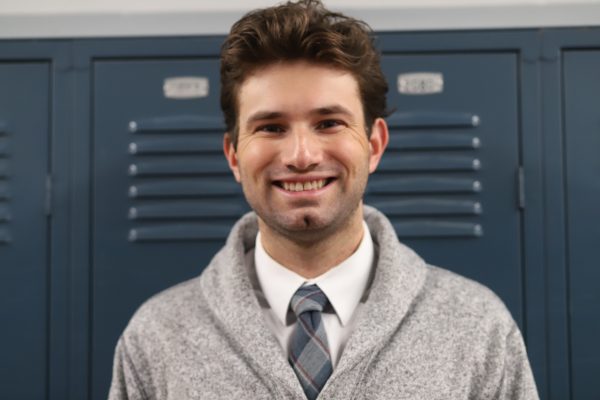What the Italy Vaccine Mandate Means for CHS
On Oct. 1, 2021, the Italian government enacted Covid-19 vaccination mandates that are changing Italy at a rapid pace. Affecting both the public and private Italian workforces, the new laws present citizens with a big decision: become protected against Covid-19, or risk losing their incomes and most abilities to interact within their society.
The prominent feature of the mandates is government-issued vaccine passports, known as “green passes.” To receive a green pass, the carrier must provide tangible proof of at least one Covid-19 vaccine, a recent recovery from the virus or a negative Covid-19 test conducted every 48 hours. But if a citizen refuses to receive a green pass, they will have a lot more to worry about than a needle in their arm.
Under the new Italian laws, anyone without a green pass is ordered to take unpaid leave from their place of work. Moreover, they are indirectly barred from most indoor public arenas: gyms, movie theaters, restaurants and public transportation all require a green pass to get in. Some workers may even face fines of up to 1,500 euros (1,740 U.S. dollars) for their non-compliance.
Although the measures taken against Covid-19 in Italy may seem harsh, they’re proving successful in advancing Italy’s vaccination rate in the weeks since their inception. National Public Radio reports that within the first week of the mandates taking effect, appointments to receive the first dose of the Covid-19 vaccine rose by 40% in Italy.
Despite this marginal increase in their vaccination rate, not every Italian is happy about the change. On the weekend of Oct. 9, a protest of anti-maskers broke out in the Piazza del Popolo. Led by the extreme-right group Forza Nuova, the protesters clashed against police who attempted to extinguish violence with tear gas. An estimated 10,000 people took part.
In tandem with the new mandates, these protests have provoked anxiety and discussion all over the world. Steve Coron, a CHS art teacher with Italian heritage, shares these feelings of worry. Over the last 15 years, Coron has organized bi-annual trips to Italy with CHS students. CHS’ most recent Italy trip was originally planned for spring break of 2020, but was cancelled three weeks beforehand as Ann Arbor Public Schools (AAPS) shut down due to Covid-19.
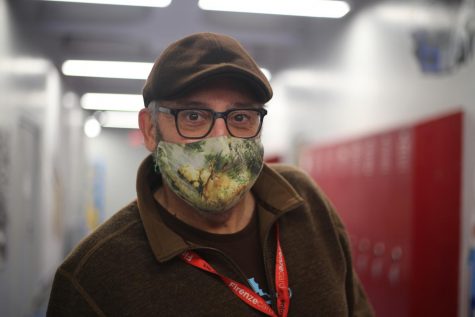
Coron hopes to plan another trip to Italy in the spring of 2022, but he’s concerned about the logistics involved in planning and executing the trip with the new vaccine laws.
“It’s not as easy as just making sure that everyone has their passport to get through customs,” Coron said. “We have to have our passports, we might have to have our green passes and we might have to do rapid testing while we’re [in Italy].”
Coron must also first receive approval from the AAPS district before he can officially start the planning process. Although the district may not approve his independent trip, Coron has a backup plan.
“We would go rogue and act as an independent club that travels with parental approval, which I would lead as a district employee,” Coron said. “But the district would not sanction me going [to Italy].”
Although nearly two-thirds of the original travellers have graduated since the 2020 trip, there are still seniors at CHS who have been waiting to travel to Italy since their sophomore year. Seeing how much this trip means to his students, Coron is determined for the Italy trip to take place this year– even amidst the new green pass laws.
“You have to be flexible and think on your feet and be willing to assimilate and re-assimilate and change up your plan,” Coron said. “These mandates just add many more layers to that plan.”







